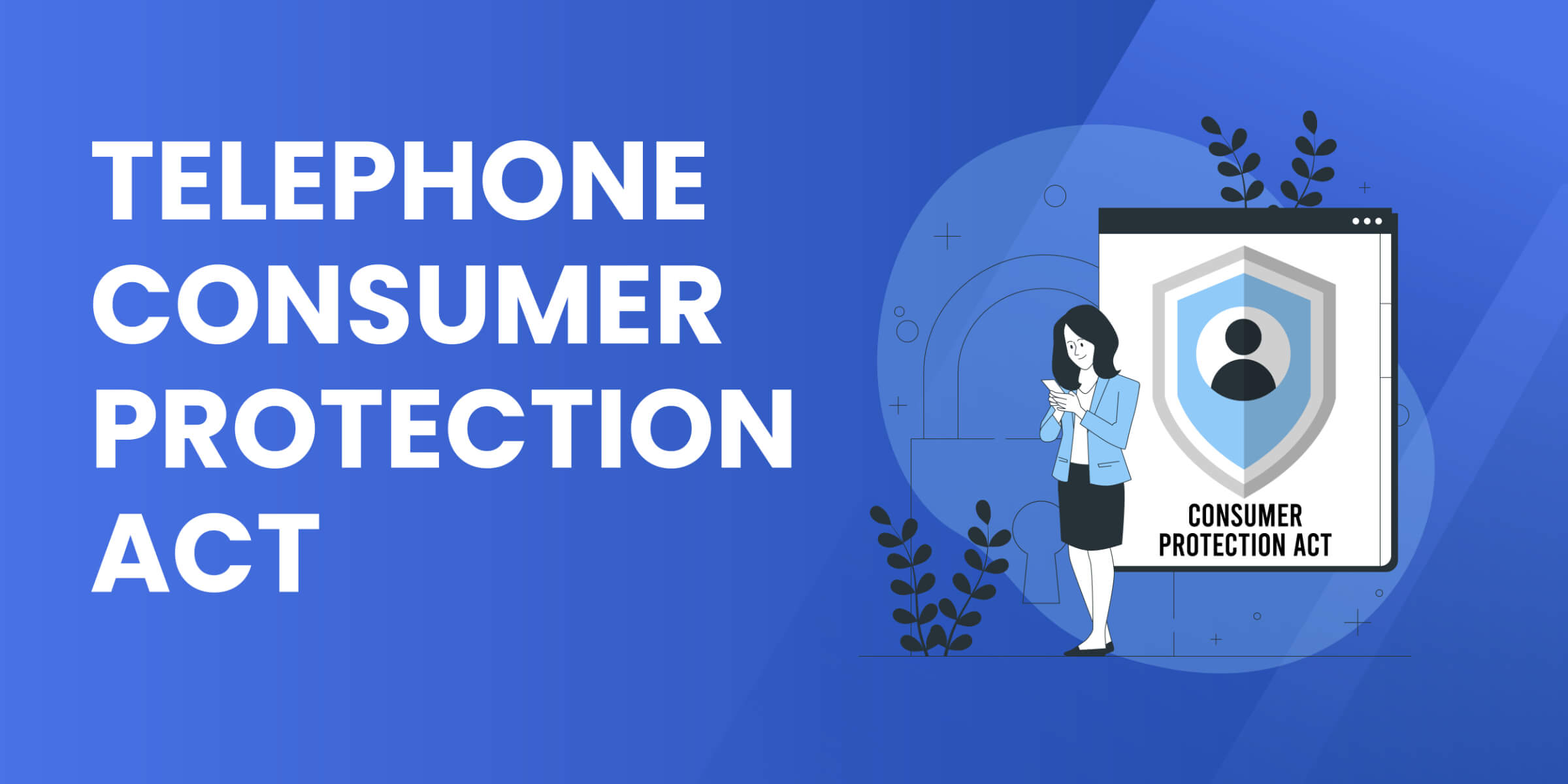Could your text to a customer be illegal?
Possibly.
Though SMS marketing is an effective way to keep customers engaged, it only works if you do it without breaking the law. Some SMS guidelines and laws include TCPA, CTIA, and ADA in the US, plus different global regulations.
Let’s see what the rules are and how you can make sure you’re following them.
Best for Small Businesses
Best for Medium to Enterprise
We offer this website completely free to our visitors. To help pay the bills, we’ll often (but not always) set up affiliate relationships with the top providers after selecting our favorites. However, we do our best not to let this impact our choices. There are plenty of high-paying companies we’ve turned down because we didn’t like their product.
An added benefit of our relationships is that we always try to negotiate exclusive discounts for our visitors.
What Are the Common Texting Laws?


Most of the common texting laws relating to businesses focus on gaining explicit consent from subscribers and “robotexts” or unwanted text messages.
There are also laws in place to protect children from having their personal data collected on the internet.
Telephone Consumer Protection Act


This law requires well-informed consent from the text receiver before subscribing to SMS marketing messages.
To ensure compliance with the Telephone Consumer Protection Act (TCPA) businesses must provide detailed, clear information on what the customer is subscribing to. This information must be easily accessible, so don’t try to hide it in small print at the bottom of the sign-up page.
How to Remain Compliant with the TCPA
Consumers need clear and obvious disclosure of the text messages they’ll be receiving. Ways to opt consumers into a TCPA-compliant SMS program include:
- Keyword texting, where a customer texts a keyword to a number to opt into an SMS program
- Paper form, where consumers sign a paper form confirming their consent to join a text message marketing list
- An online form that functions the same as the paper form but in a digital platform
Verbal communication is not TCPA-compliant, so you will need to receive some sort of digital signature or agreement.
CAN-SPAM Act


The CAN-SPAM Act works in tandem with the TCPA to ensure informed consent by the receiver of SMS marketing content and handles the spam aspect of SMS marketing.
By law, commercial messages have to be easily identifiable as an advertisement. Consumers must also be able to unsubscribe from these messages.
How to Remain Compliant with the CAN-SPAM Act
A few ways you can make sure your business is CAN-SPAM compliant are:
- Give subscribers an easy way to opt-out (ie “Reply STOP to stop.)
- Make it clear that messages are advertisements (don’t be sneaky!)
- Do not send unwanted messages to people who have not subscribed/ have unsubscribed.
COPPA


The Children's Online Privacy Protection Act (COPPA) protects children’s privacy and limits data collection as well as the use of personal information from site owners.
Typically, this means children must receive parental consent to use some features of online businesses, one of which is SMS marketing.
How to Remain Compliant with COPPA
To remain compliant with COPPA, make what sort of information you are collecting clear and require some sort of parental consent.
For More Info
For more information on international laws, check out this post.
How Do Businesses Need to Keep These in Mind?
Some common requirements include getting explicit consent from customers before sending them marketing messages, ensuring messages are clearly identified as coming from a business rather than an individual, and providing an easy way for customers to opt-out of receiving future messages.
By keeping these things in mind, businesses can ensure that their SMS marketing campaigns are compliant with the law.
How Do SMS Marketing and Texting Laws Relate to Each Other?


SMS marketing and texting laws are two different things. Texting laws vary from country to country, but in general, they prohibit drivers from using their phones while behind the wheel.
SMS marketing laws, on the other hand, regulate how businesses can send promotional text messages to consumers. In most cases, businesses need consent from customers before sending them SMS marketing messages.
There are a few exceptions to this rule – for instance, if you have an existing business relationship with someone (such as being their doctor or lawyer), you generally don't need consent before sending them marketing material via text.
Some countries have stricter laws than others – in the United States, for example, there are different rules in place depending on which state you're in. SMS marketing laws regulate how businesses can send promotional text messages to consumers.
Failure to do so could result in hefty fines or even jail time!
What Are Some Best Practices for SMS Marketing Campaigns?


SMS marketing can be a great way to reach out to customers and promote your product or service. However, there are some best practices for SMS marketing that you should keep in mind when crafting your campaign.
First, keep your message short and sweet. No one wants to read a long novel on their phone.
Second, make sure the offer is compelling enough to get people to act on it. Use an eye-catching call-to-action that will stand out from the rest of the noise in someone's inbox.
Finally, send the text at an appropriate time so as not to disturb or annoy potential customers. Keep these tips in mind and you'll be well on your way to success with SMS marketing!
FAQs
Is sending unsolicited texts illegal?
In some countries, sending unsolicited texts is considered illegal if the recipient has not given their consent to receive them.
In other countries, there may be no specific law against sending unsolicited texts, but it could still be considered harassment or stalking if the recipient feels harassed or threatened by the sender.
What are some texting rules?
Some texting rules include:
Not texting while driving, not text messaging during class or work hours, being respectful when sending messages (no profanity or mean comments), and only sending texts that are appropriate for the person receiving them.
It is also important to be aware of the person's texting plan so that you do not go over their limit and incur charges.
Is it illegal to send mass text messages?
In the United States, there are no specific laws prohibiting the sending of mass text messages, but some states have enacted legislation that could potentially be interpreted as applying to such activities.
Are text messages protected by privacy laws?
Generally speaking, text messages may be protected by privacy laws depending on the circumstances under which they were sent and received.
For example, if you send a text message to someone with the expectation that it will remain private between the two of you, then your right to privacy may be violated if that person later forwards or shares your message without your consent.





















